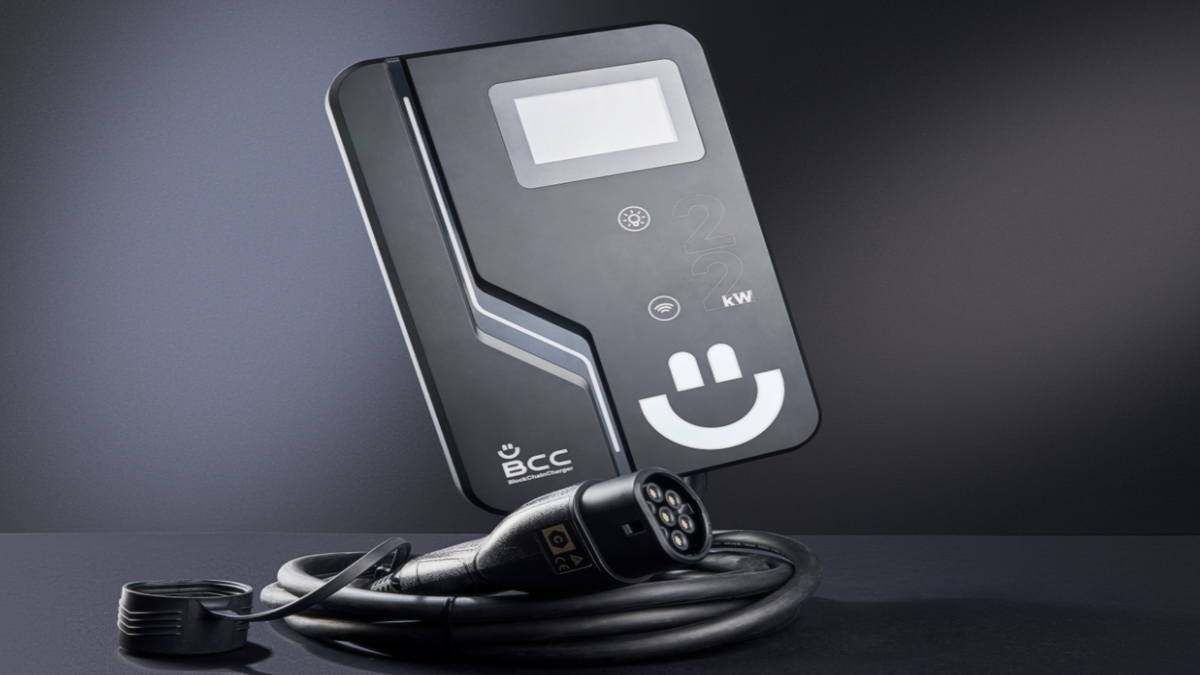Residential EV Charging Trend in India
Introduction:
Residential EV Charging: India’s New Real Estate Frontier
The automotive industry worldwide is being revolutionized by electric vehicles (EVs), and India cannot be an exception. In the residential complexes boom With Indian households witnessing a surge in electric vehicle sales, there’s an interesting development on the real estate front-residential quarters incorporating EV chargers. It’s not just an environmental quirk, it is a deliberate move by the developers to add value and attraction.
The Rise of EVs in India: A Background Check
Electric vehicles are becoming popular in India because they’re environmentally friendly and economical. The Indian government’s efforts to steer the country toward a greener tomorrow, including projects like the National Electric Mobility Mission Plan have only served to accelerate this trend.
Developers: Spearheading the EV Charger Revolution
Now some of the larger real estate providers in India are including EV chargers as a standard feature into their projects. Its green thinking meets the needs of an increasingly environment-friendly consumer market, that is looking for a home to match its ecological lifestyle.
How to make sense of the EV Charging Infrastructure in India
On the one hand, sales of EVs are growing; on the other India’s public charging infrastructure for them is lacking. This represents an opportunity for residential developers to fill the gap with a solution which would affect buyer choices in a major way.
The Appeal of Home-based Charging Facilities for Electric Vehicles
One big advantage for EV owners is that they can charge their vehicle at home. In addition to convenience, residential EV charging facilities provide users with a stable and dependable power source.
The economic impact of EV charging: Real estate
Adding EV charging facilities to residential complexes is not just an extra service; it’s now a major element in estimating real estate value. Properties of this kind are certainly expected to rise in value over time.
Government Policies Favoring Home EV Chargers
In India, various states have introduced policies to promote the installation of EV chargers in housing complexes. These policies are essential for propelling the take-off of EVs and building an ecosystem to support them.
The Future of EV Charging: Trends and Projections
In growing EV market in India, demand for convenient charging solutions is sure to rise. This section looks at future trends and estimates for the EV charging infrastructure, particularly in residential areas.
Residential EV Charging: Environmental Impact
By adopting EVs and allowing them to be charged in residential areas this has a positive environmental effect. This section explains how residential EV charging can help to reduce carbon emissions and contribute toward sustainable living.
A: Residential EV Charging from the Consumer’s Perspective
Knowing consumer views on EV charging facilities in residential complexes is very important. This part explores consumer psychology and how it influences the real estate market.
Technological Innovations in EV Charging
EV charging solutions continue to be advanced by technological developments. This section of the article examines recent developments in EV-charging technologies and how they are being applied to home development.
Government’s Role in Advocating Residential EV Charging
The Indian government plays an important role in promoting EVs and supporting infrastructure development. This section looks at some of the government’s programs and policies for residential EV charging.
Residential EV Charging Challenges and Solutions
Although the addition of EV chargers in housing developments is a step forward, it also poses its own problems. Here we discuss these challenges and possible solutions.
Case Studies: Successful Residential EV Charging Implementations
Viewing successful examples of residential complexes with EV charging facilities gives us a lot to think about. The following is a review of case studies from all over India.
The Economic Benefits for Residents
The economic benefits for residents will be to own an EV and have convenient access at home to a charger. This section details these benefits in detail.
The Effects on Real Estate Marketing
Adding EV chargers is changing how real estate properties are advertised in India. This section looks at the marketing methods being used by developers.
Developers on Residential EV Charging
Knowing why developers are beginning to include EV chargers in their projects gives you a full sense of the direction. In this section are interviews and opinions from top developers.
India’s EV Infrastructure vs. Global Standards
In this part, India’s residential EV charging infrastructure is compared to that of other nations. Where does India stand in the world?
The Financial Aspect: Residential EV Charging: The costs and the return on investment
There are some costs in installing EV chargers, but they also have returns. Financial considerations for both developers and residents are discussed in this part of the article.
Resident Testimonials: Living with EV Chargers
The following feedback from actual residents whose complexes have EV chargers provides a grassroots viewpoint. This section contains testimonials and experiences.
Future Projections: EV Charging a Standard Service.
Looking forward This section examines whether or not EV charging can become a standard amenity in residential complexes throughout all of India.
Conclusion: What Lies Ahead for Residential EV Charging in India?
The incorporation of EV chargers in residential complexes isn’t simply a fashion, but rather an inevitable response to rising environmental awareness and growing electric vehicle adoption. With this transition whole-heartedly accepted by both developers and consumers, the future of urban living in India is set to be more sustainable as well as convenient.
FAQs
1-How does the residential EV charger work?
Residential EV chargers work by hooking your electric vehicle up to an electrical outlet at home. You get a charging station, either in the garage or driveway. These chargers connect to your household electrical power source and appear in different models, with varying charging speeds. Chargers are categorized into two levels: Level 1 chargers connect to a standard 120V outlet, whereas Level 2 charge points require the use of pins specific for larger appliances (known as Norton) and plugs in to either a typical three-pronged socket or double NEMA. The latter offers faster charging speeds than its predecessor via When you drive your EV to a park, just plug it in and leave. It charges the battery of your electric car while you tend to other business.
2-Why should you have an EV charger at home?
Having an EV charger at home offers several advantages:
Convenience: Overnight or at any time, simply charge your car without going to the public charging station.
Cost-Effective: It is cheaper to charge at home than using public chargers, especially if you do it during off-peak hours.
Environmentally Friendly: Home EV charger, especially if run on renewable energy can help you reduce your carbon footprint.
Peace of Mind: Provides you with a reliable charging option whenever needed.
3-What government incentives are there for installing residential EV chargers?
Yes, the Indian government and several state governments provide many incentives for installing residential EV chargers.
4-What effect does residential EV charging have on property value?
There are several ways that residential EV charging can improve property value. With increased demand for electric vehicles, homes equipped with EV charging stations look more attractive to potential buyers.
5- Can existing residential complexes install EV chargers?
Yes, existing residential complexes can add EV chargers. The process itself entails an assessment of the current electrical infrastructure and obtaining necessary permissions
6-How much does it cost on average to install an EV charger in a residential complex?
In India, costs vary greatly depending on whether it is a Level 1 or Level 2 charger, and the complexity of installation.
Disclaimer:
The content provided in this article, titled “Residential EV Charging: India’s New Real Estate Frontier,” is provided for your information only. This information is based on data and resources available as of the last update, so it does not reflect every bit of new news from India in recent years about residential electric vehicle (EV) charging infrastructure.
This article was prepared by the authors, and any actions taken based on its contents is solely at your own risk.
Also watch: Max Power, Max Speed: The MacBook Pro 14-Inch (M3 Max) in the Spotlight


